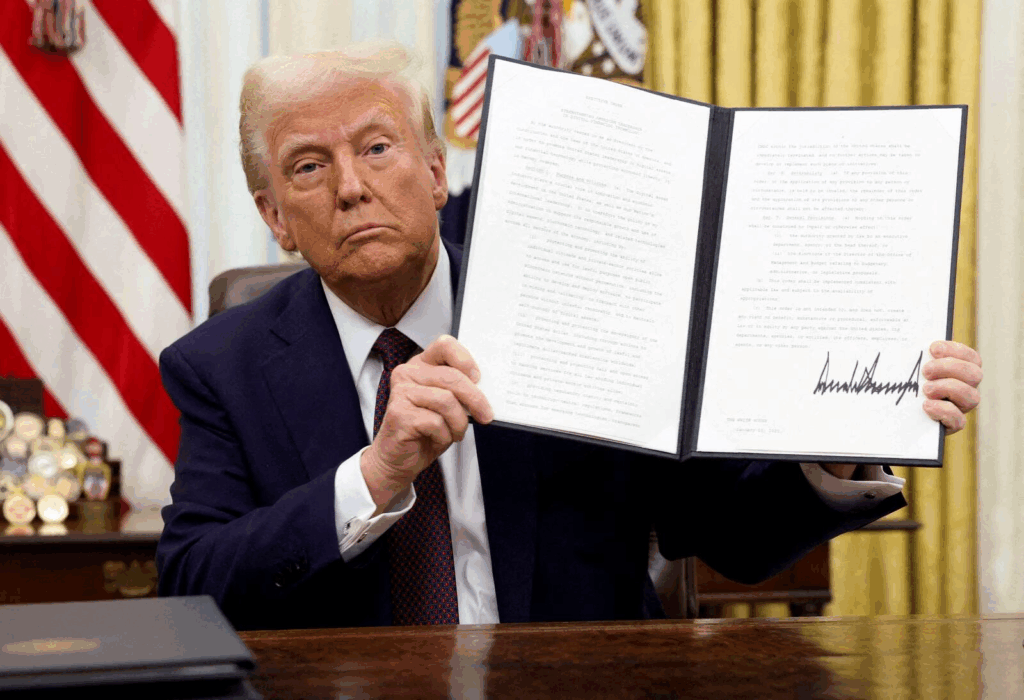💹 American regulators are initiating the transition of stock exchanges to a 24/7 trading model.
On September 5, 2025, two key U.S. financial authorities — the Securities and Exchange Commission (SEC) and the Commodity Futures Trading Commission (CFTC) — released a joint statement discussing the shift of traditional markets to round-the-clock trading. In addition, regulators are considering new rules for trading cryptocurrency derivatives and event-based contracts reflecting the characteristics of the digital economy.

Essentially, U.S. stock exchanges are expected to operate like crypto markets: continuously, 7 days a week.
Why it matters
Today, cryptocurrency platforms already operate 24/7. However, giants like the New York Stock Exchange (NYSE) and the Chicago Mercantile Exchange (CME) are still limited to traditional schedules — trading occurs only on weekdays and during fixed hours.

Regulators note that:
- the global economy is evolving 24/7;
- capital increasingly flows through digital channels without breaks;
- investors demand flexibility and equal access, regardless of time zone.
Transitioning to new standards will allow U.S. markets to synchronize with the realities of the global financial system.
New Opportunities and Risks
Potential Benefits:
- Increased speed of capital movement. Round-the-clock trading can boost liquidity and accelerate resource allocation.
- Global access. Participants from Asia, Europe, and Latin America can trade on U.S. markets without worrying about time zones.
- Innovation. New products will emerge, including perpetual futures and event-based contracts.

Potential Risks:
- Higher risk for traders. Overnight positions may be influenced by participants from other regions, potentially triggering stop orders while traders sleep.
- Increased volatility. Continuous trading often leads to sharp price swings following news.
- Technical strain. Exchanges will need to upgrade infrastructure to maintain 24/7 system stability.
Regulators acknowledge that there is no universal solution for all asset classes. Some markets can adapt more easily, while others will require significant changes.
Interagency Collaboration
The idea of 24/7 trading did not arise suddenly. As early as July, the administration of President Donald Trump published a cryptocurrency report outlining interagency recommendations for creating a comprehensive digital economy framework.

Key Points:
- CFTC gained authority to regulate spot cryptocurrency markets;
- SEC retained control over tokenized securities;
- Both commissions are to coordinate actions and establish unified standards.
Thus, the 24/7 initiative is a logical continuation of the U.S. effort to adapt traditional finance to the digital era.
How It Will Affect Global Markets

- Increased competition. If U.S. exchanges switch to 24/7, other global platforms will need to follow.
- Closer alignment with crypto markets. The line between “traditional” and “digital” assets will become even more blurred.
- New strategies for investors. Opportunities for round-the-clock arbitrage, hedging, and algorithmic trading will emerge.
- Change in market rhythm. The financial world, accustomed to “bell-to-bell” schedules, will face continuous dynamics.
💡 Summary
The shift to 24/7 financial markets is not merely a technical reform but a fundamental change in the architecture of the global financial system.
American regulators are taking a step toward a future where money never sleeps. But with new opportunities come new risks — from overnight volatility to psychological stress.
Key takeaway: the familiar rule “markets are closed — time to rest” may soon become a thing of the past.
All content provided on this website (https://wildinwest.com/) -including attachments, links, or referenced materials — is for informative and entertainment purposes only and should not be considered as financial advice. Third-party materials remain the property of their respective owners.


